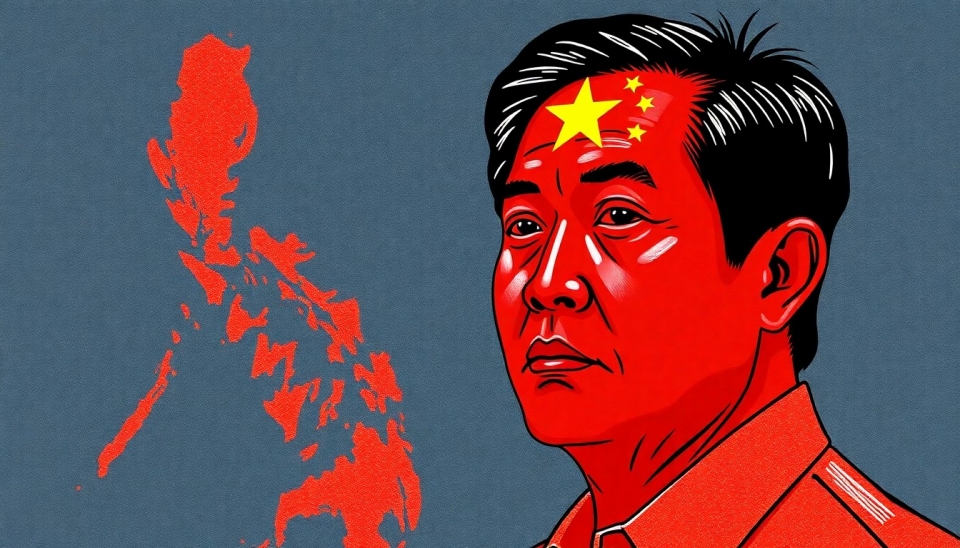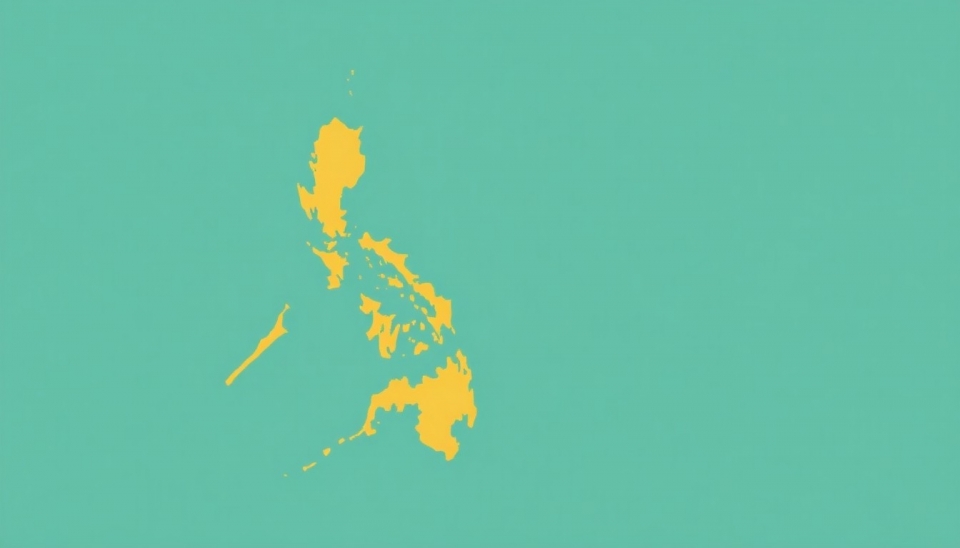
The Philippines plans to strengthen its regulatory framework for financial technology (fintech), particularly after a significant disruption in the electronic wallet service GCash. This incident, reported as one of the largest outages to hit the platform, raised concerns regarding the resiliency and oversight of digital finance systems in the country. GCash, which is widely used across the Philippines for various transactions, experienced a glitch that left many users unable to access funds or complete transactions, resulting in public outcry and calls for improved security measures.
The Bangko Sentral ng Pilipinas (BSP), the country’s central bank, has announced intentions to review and potentially overhaul existing regulations concerning digital payment platforms. The aim is to implement stricter guidelines and protocols that will not only enhance the functionality of such services but also ensure that consumer rights are adequately protected in the event of service outages or other disruptions. This move is crucial as the Philippines has been rapidly adopting fintech solutions for financial inclusion, especially in rural areas.
In response to the GCash incident, which occurred last month, the BSP emphasized that ensuring the reliability and security of these platforms is a high priority. The central bank indicated that it would assess current practices and regulatory measures to identify potential weaknesses. Further actions could involve mandating regular system audits and bolstering cybersecurity frameworks. Such initiatives would aim to build consumer confidence in digital financial systems, particularly as more Filipinos turn to these services for everyday transactions.
Moreover, the ongoing global shift towards digital payments underscores the importance of resilient infrastructure in fintech. The Philippines is experiencing a surge in its e-wallet user base, which has expanded dramatically in recent years, driven by the pandemic and ongoing digitization efforts across the economy. As the digital finance landscape evolves, regulatory bodies must balance innovation with adequate oversight to create a safe environment for both consumers and operators.
GCash, operated by Globe Fintech Innovations, Inc., is just one of the key players in the Philippine fintech sector. In the wake of the outage, the company issued apologies and reassured customers that it was working diligently to rectify the issues while enhancing its technological capabilities. However, critics argue that such disruptions highlight systemic vulnerabilities in the rapidly growing sector.
As the BSP outlines its roadmap for enhanced fintech regulation, stakeholders from various sectors, including banks, fintech companies, and consumer advocates, are expected to play crucial roles in developing frameworks that are both effective and conducive to growth. There is widespread recognition that effective regulation can coexist with innovation, fostering an environment where safe and secure financial practices can thrive.
The outcome of this situation will likely set precedents for regulatory approaches in other emerging markets, where fintech is becoming an essential part of daily life. Observers will be watching how the Philippines navigates this critical juncture and whether its experiences could inform similar regulatory frameworks in other nations.
In conclusion, as the Philippines gears up to enhance its oversight of fintech services, the focus will be on crafting regulations that not only address immediate concerns but also pave the way for sustainable growth in a sector poised to revolutionize finance in the country.
#Philippines #Fintech #GCash #EWallet #Regulation #DigitalFinance #Banking #ConsumerProtection
Author: Emily Collins




